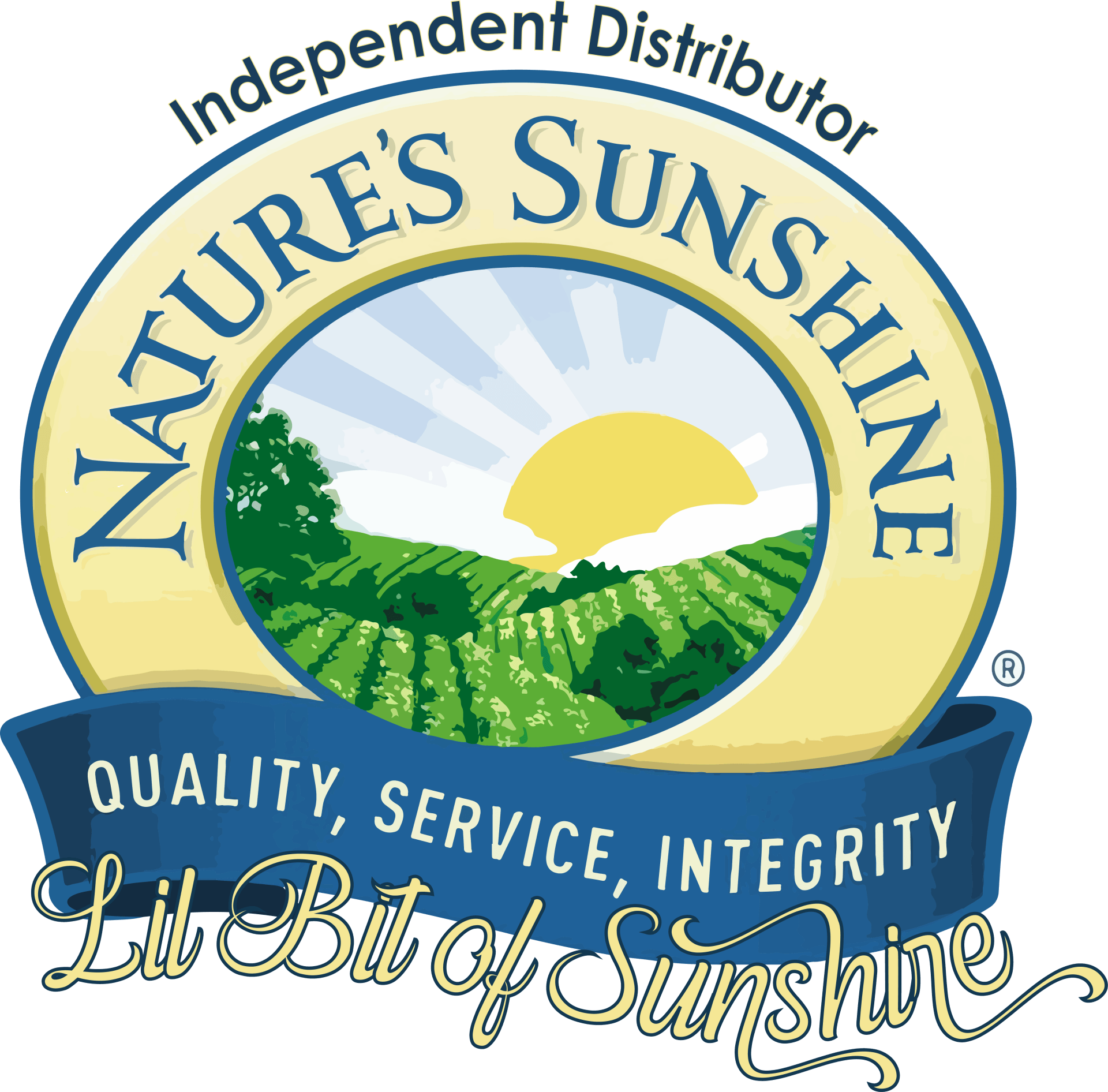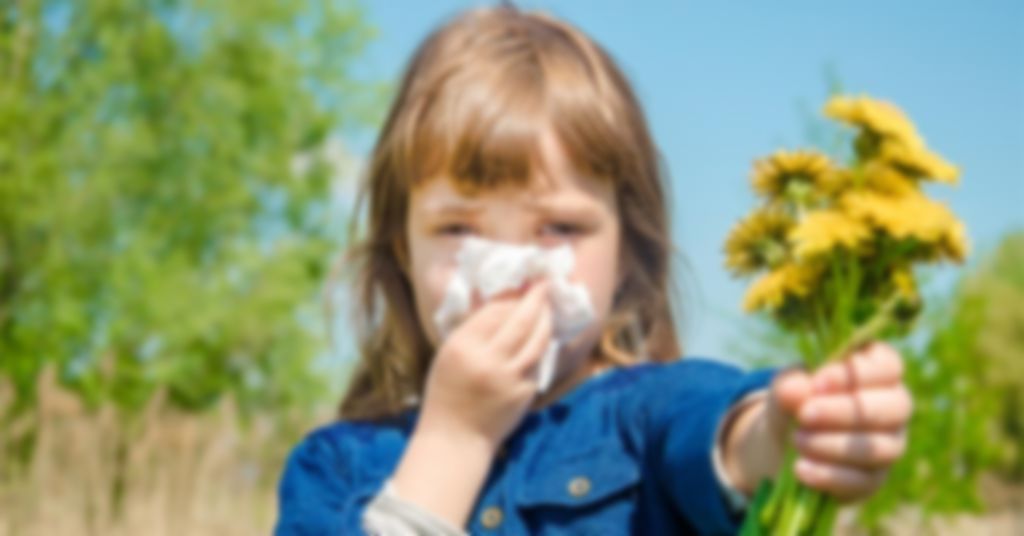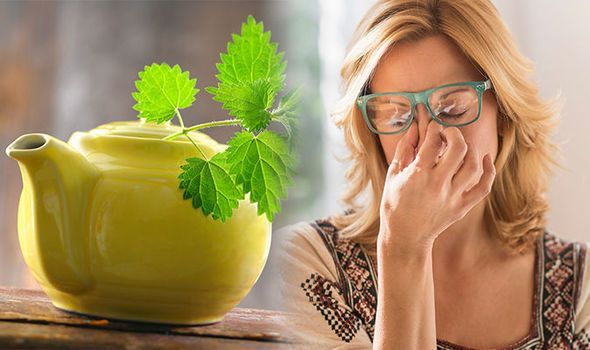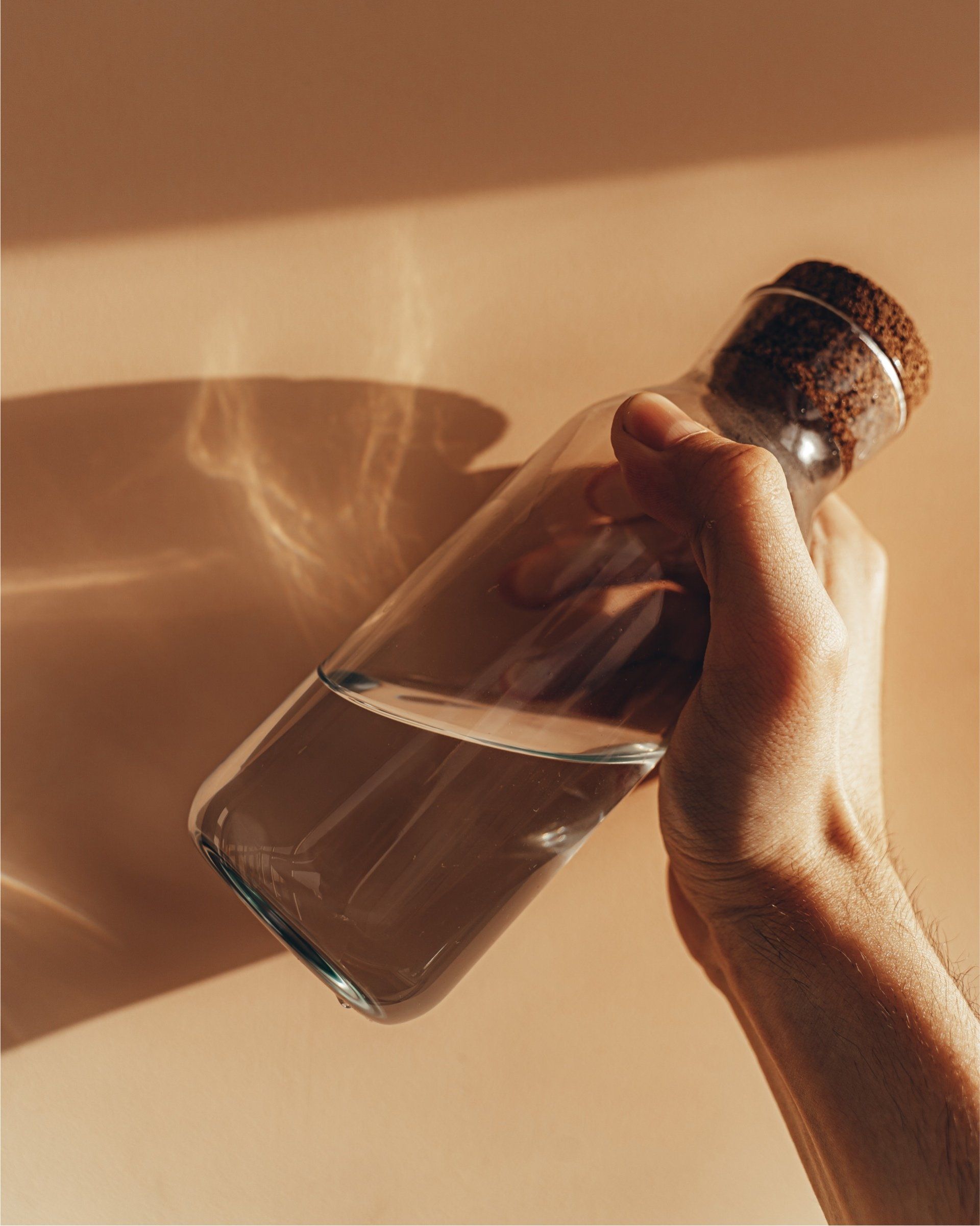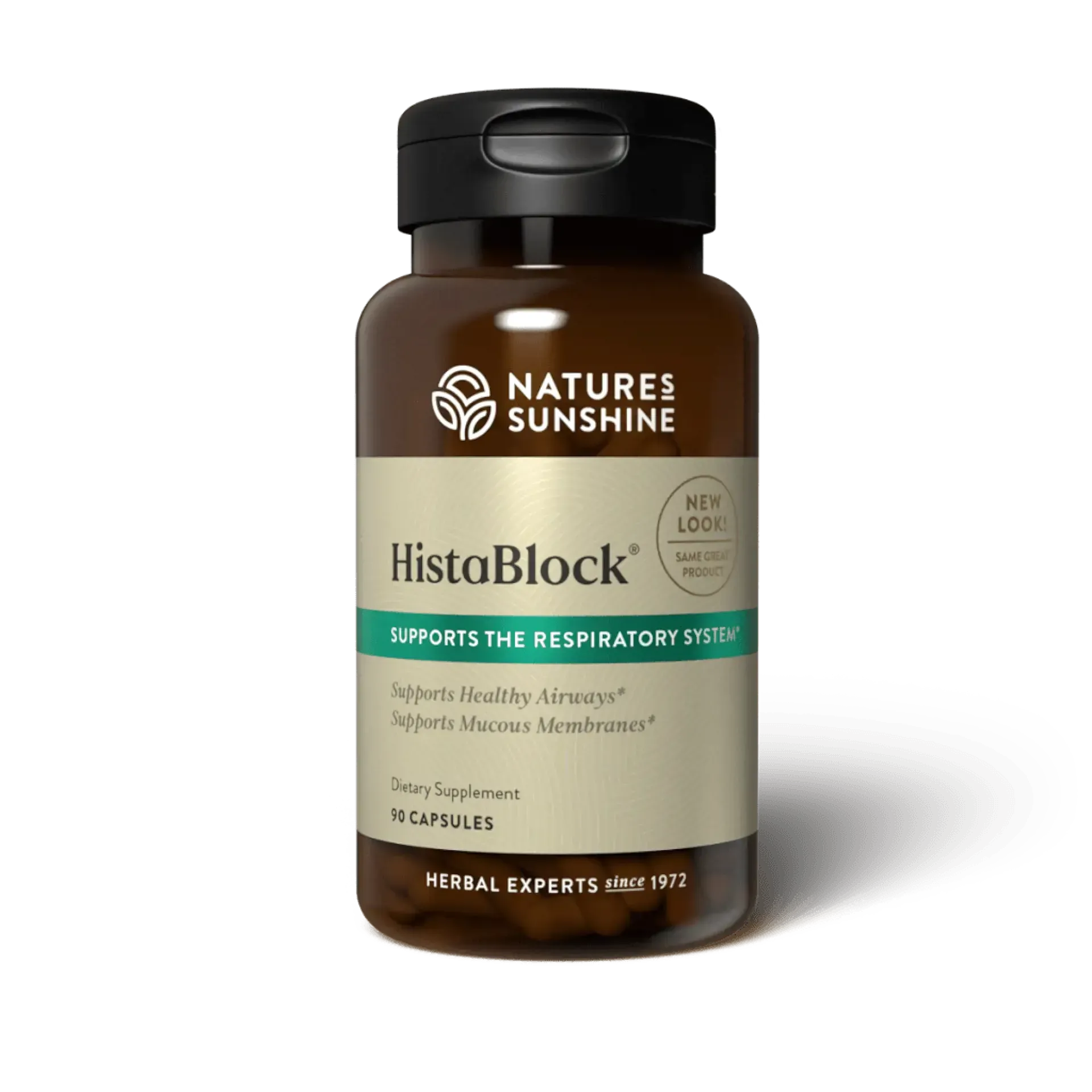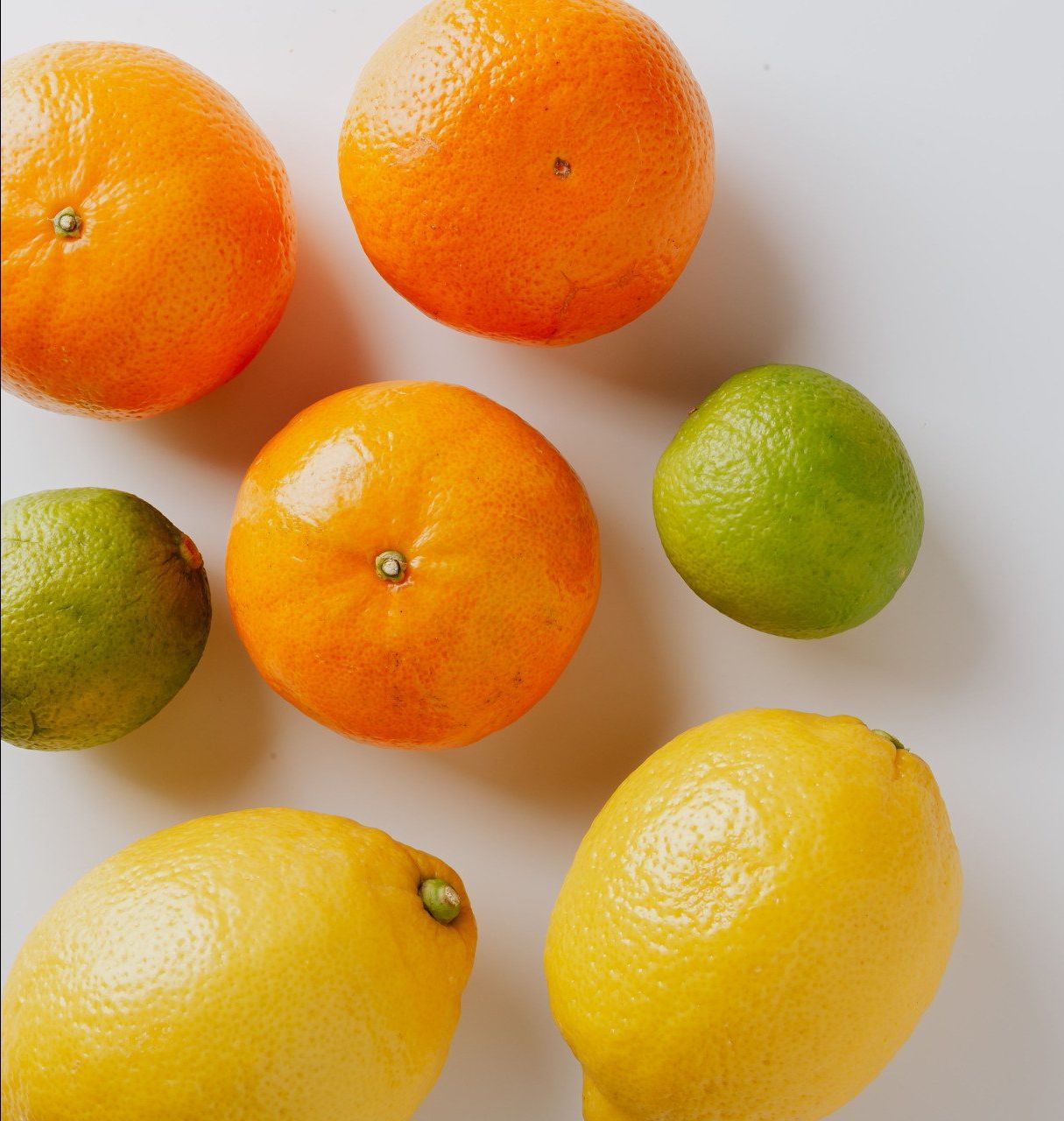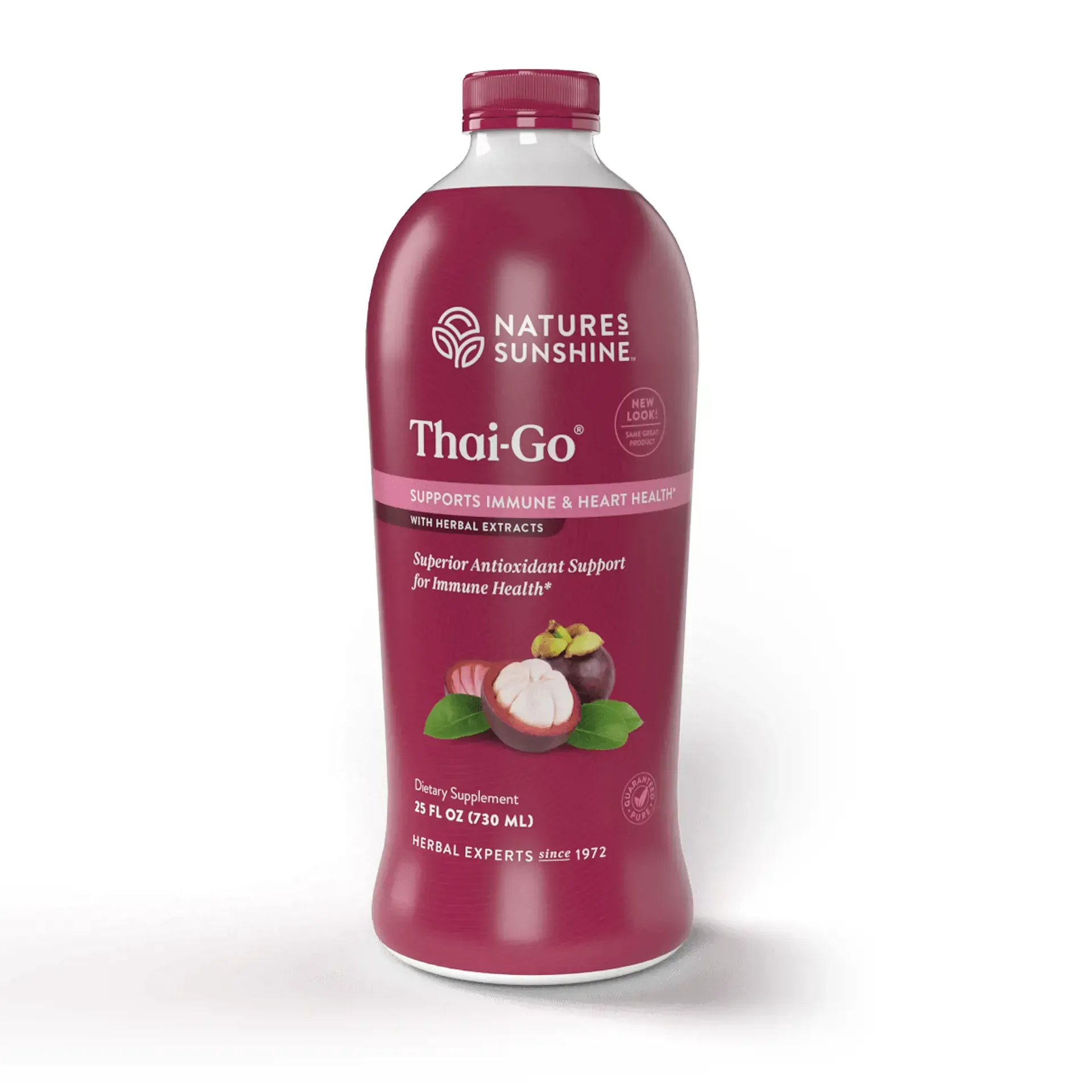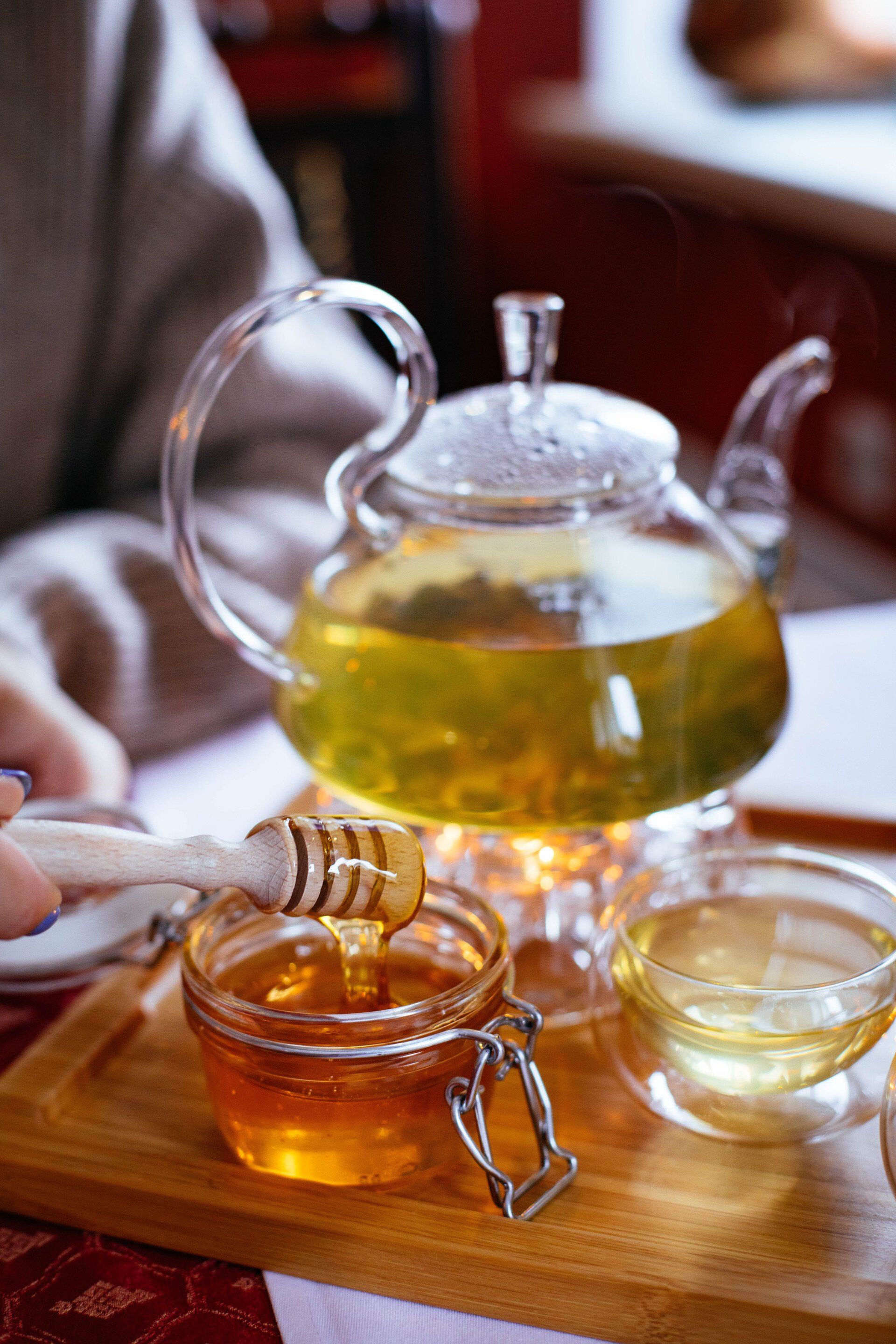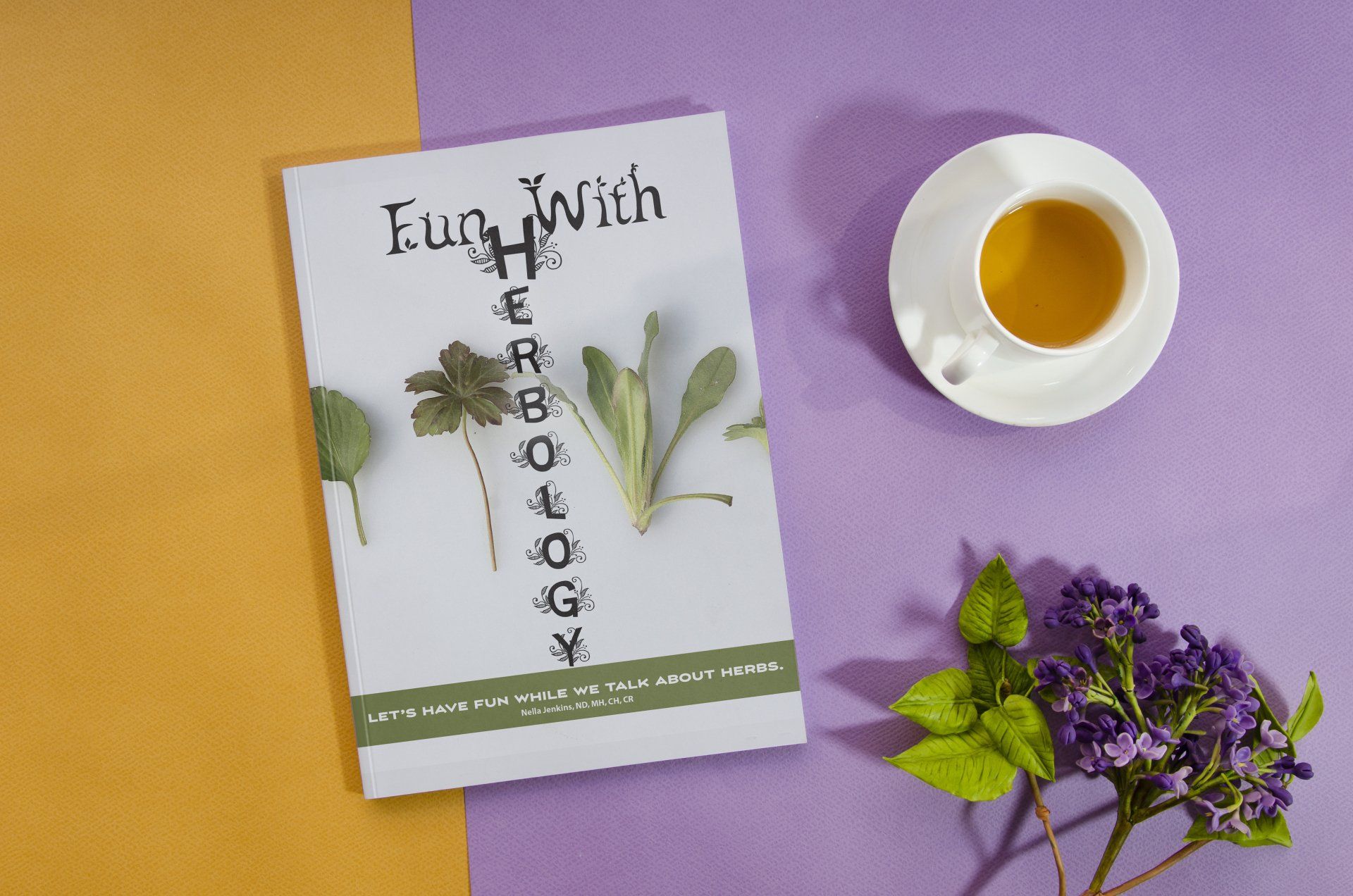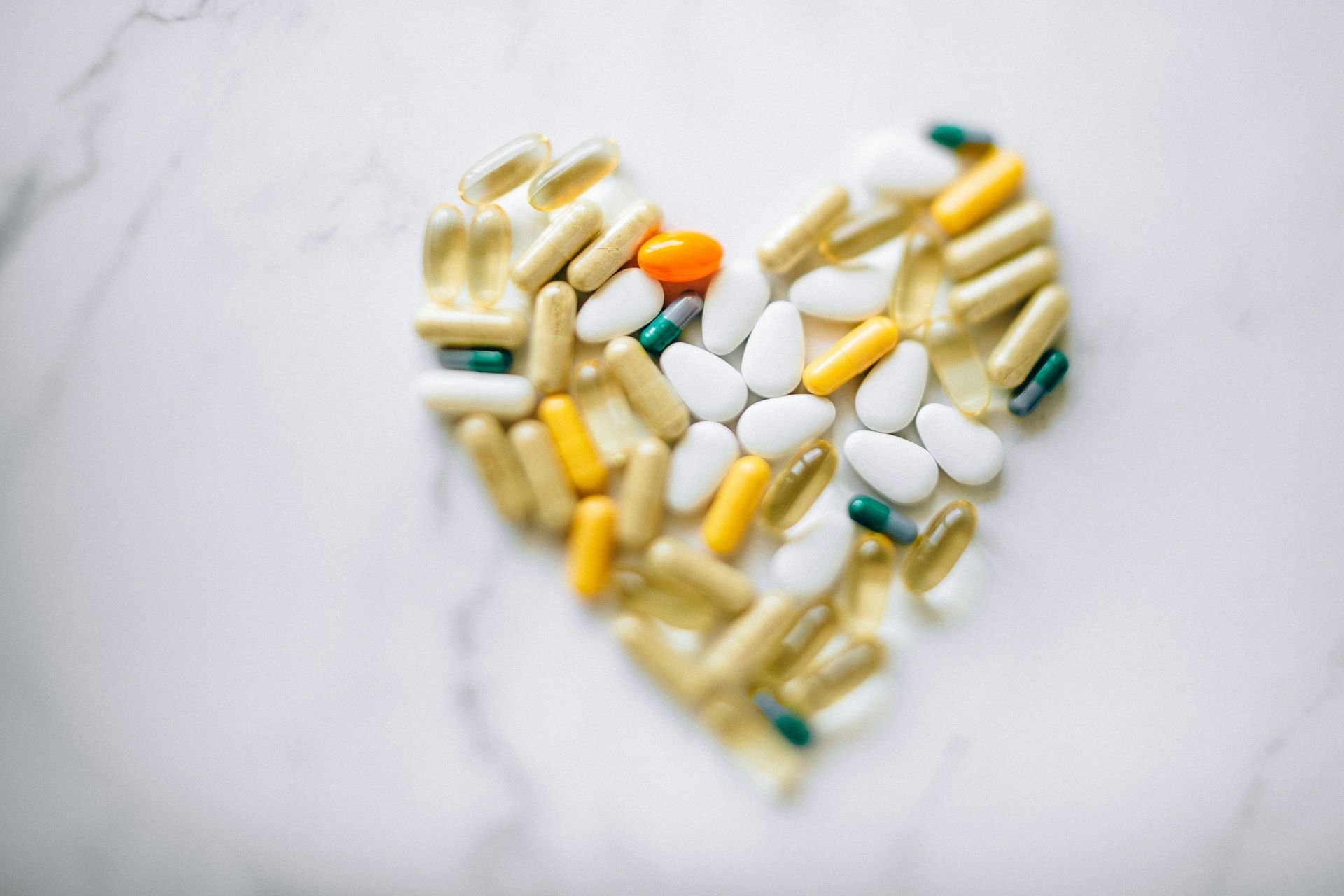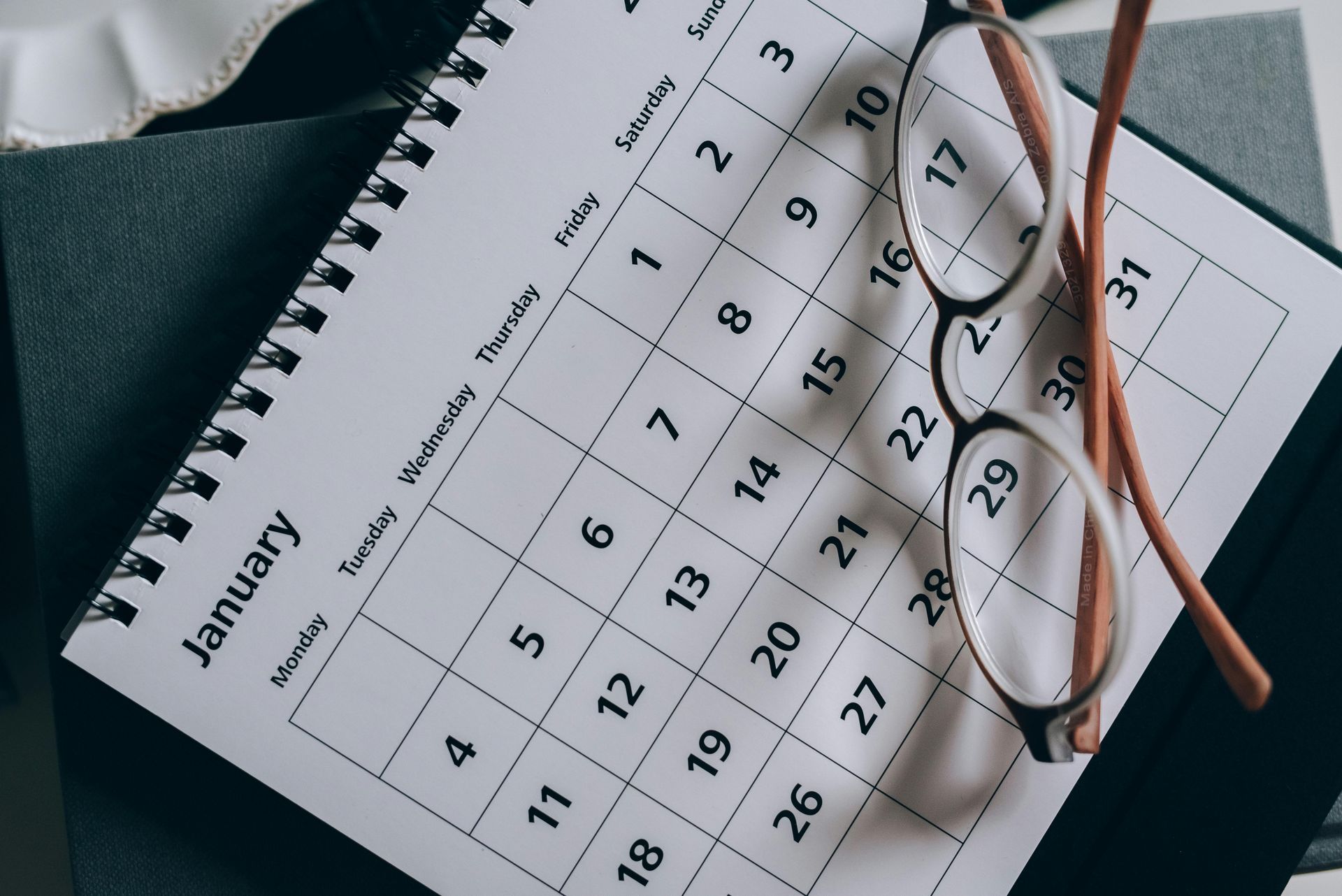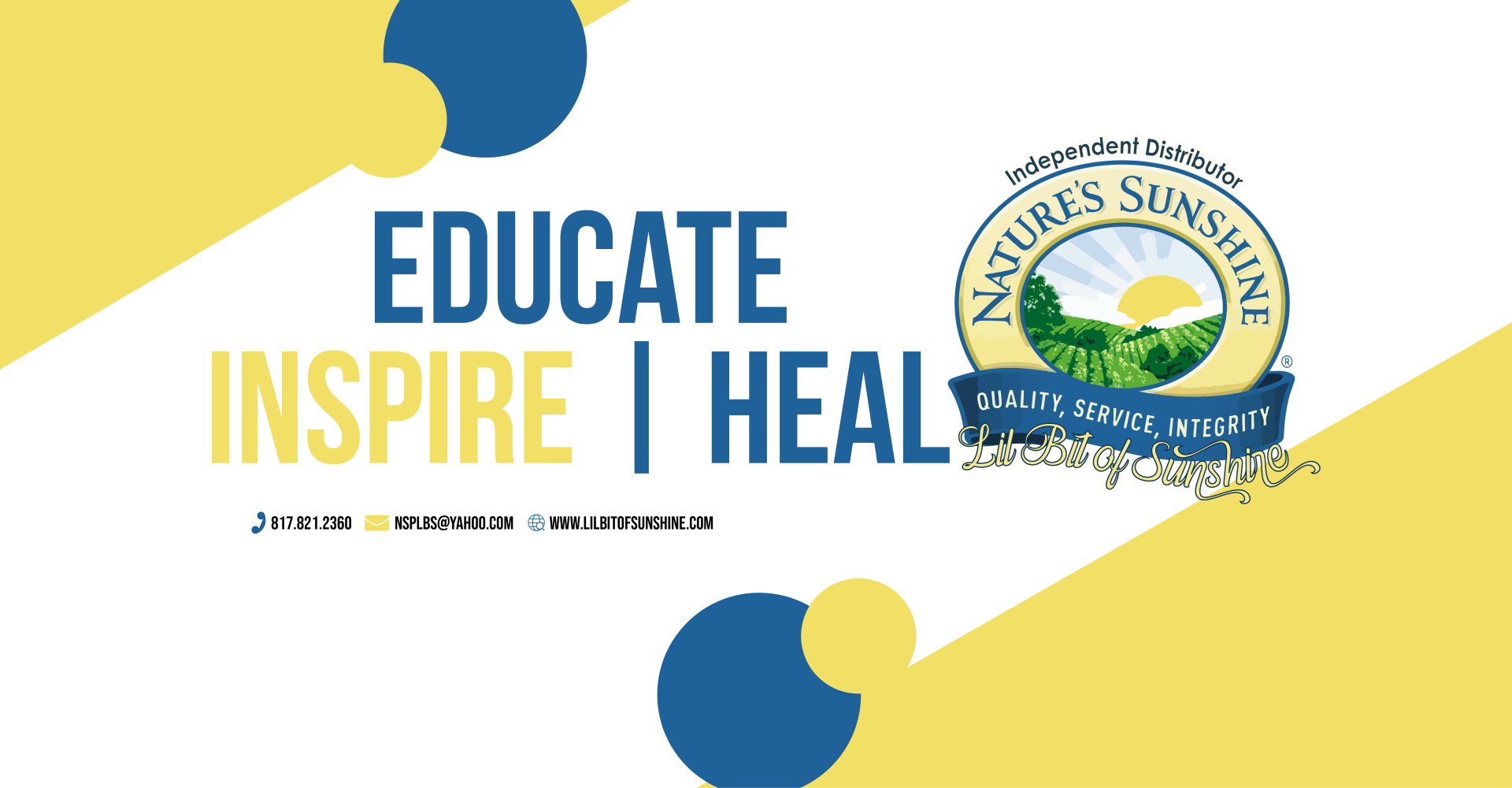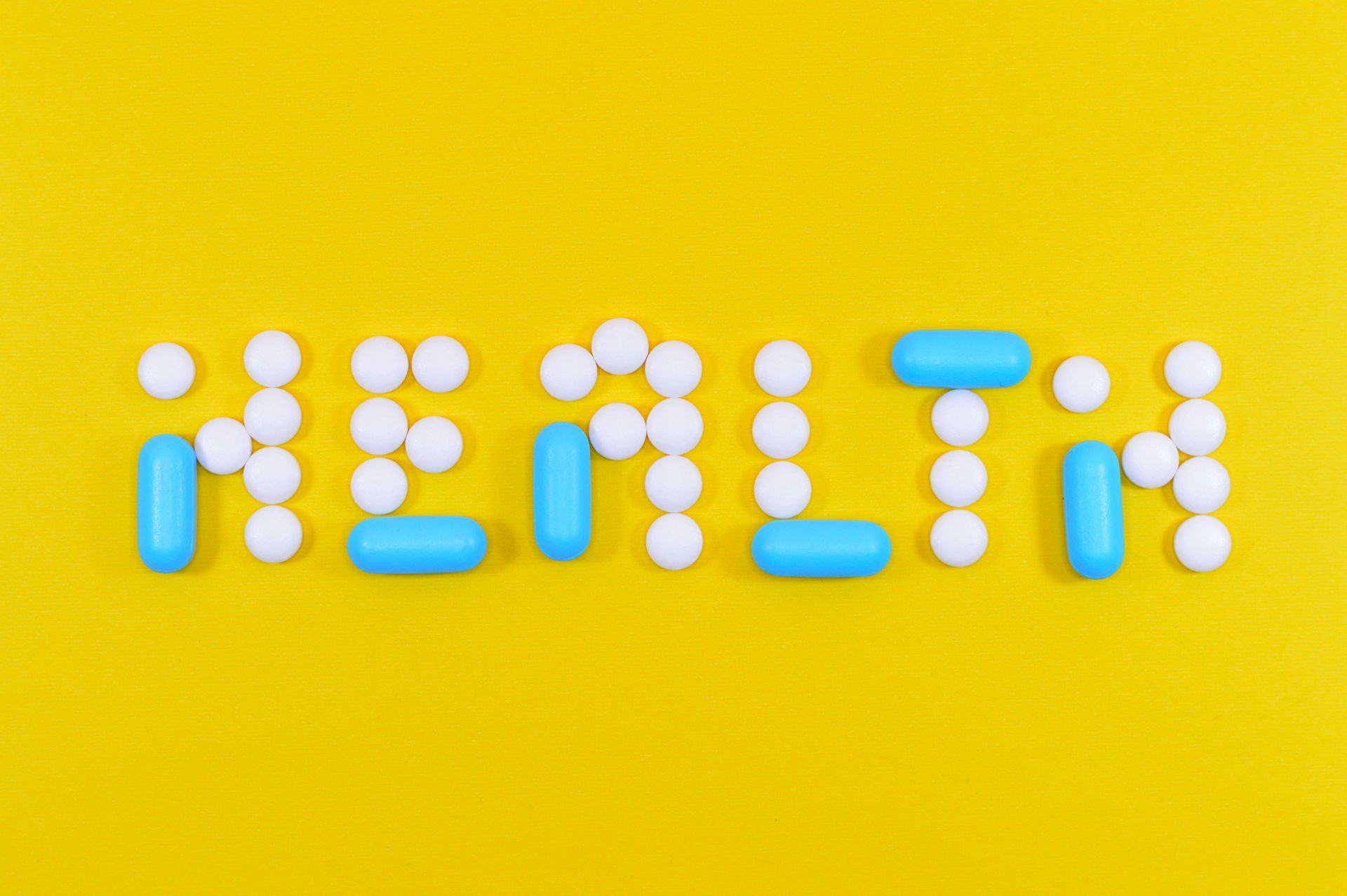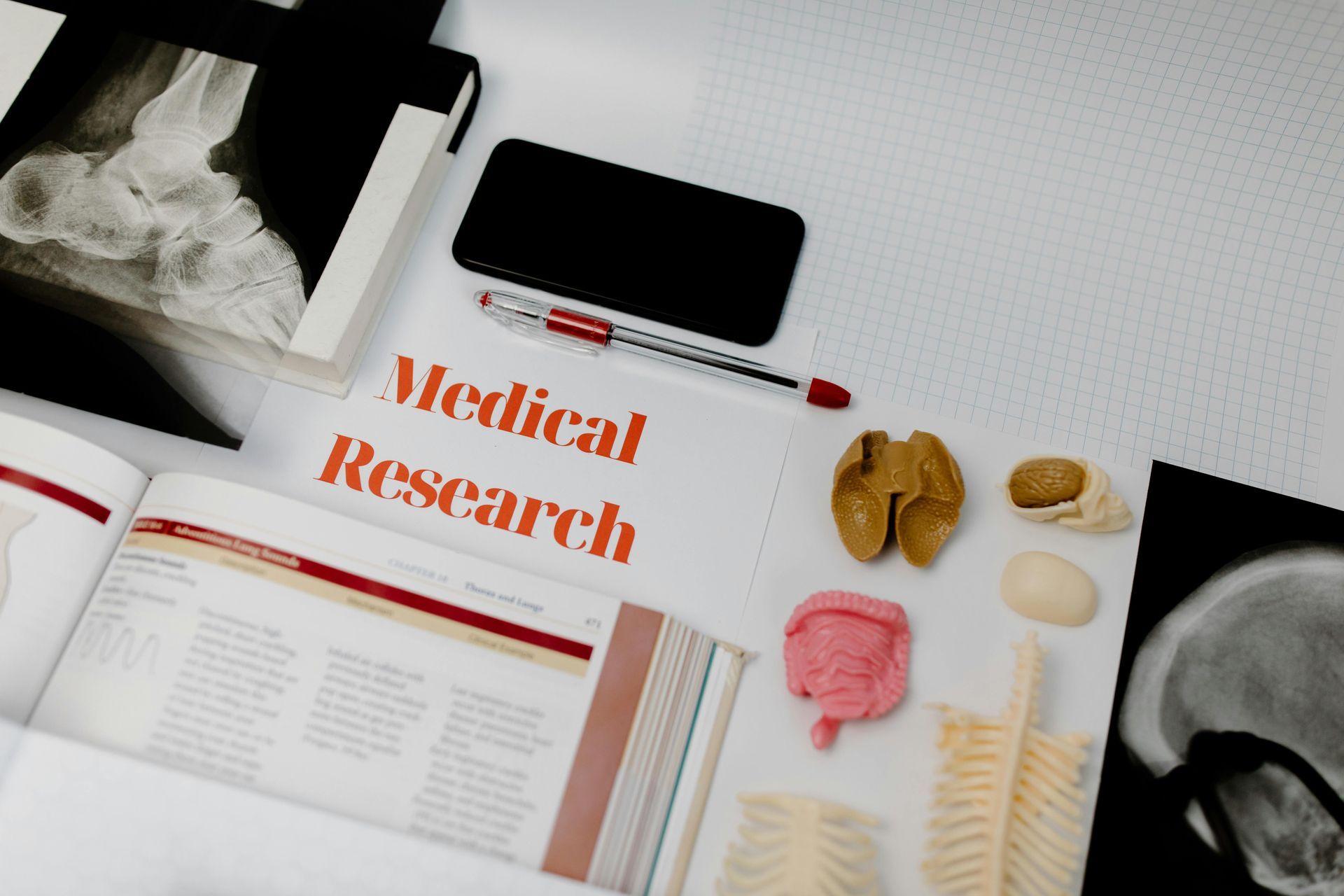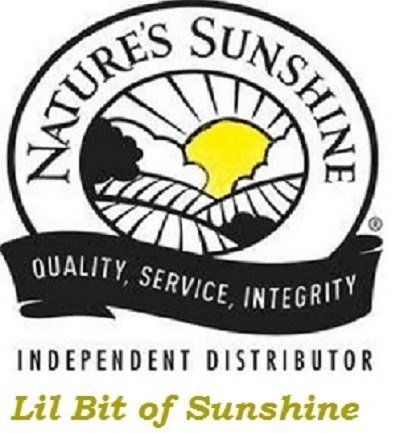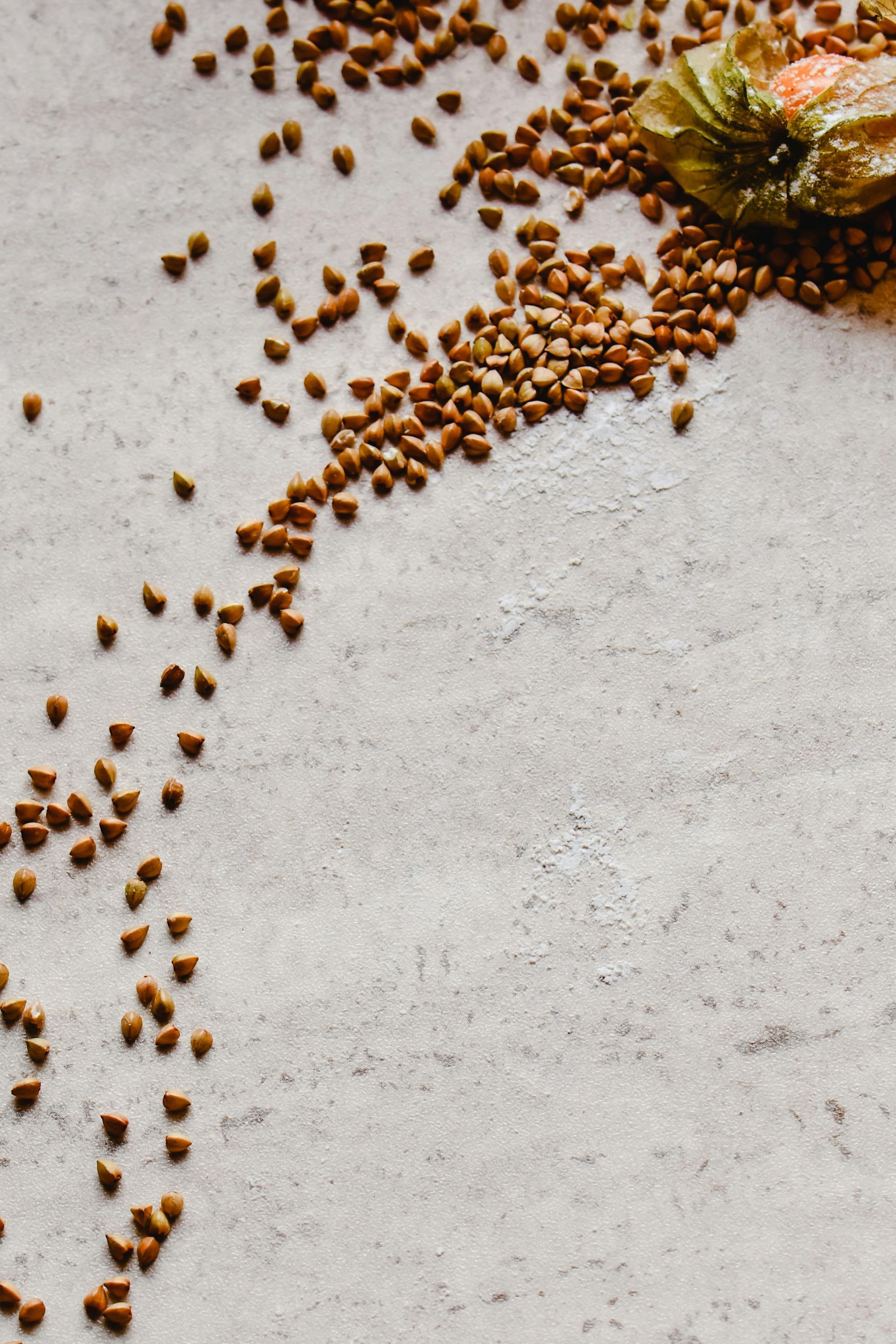Start with Better Hydration
Dr. Fereydoon Batmanghelidj, M.D., author of the book, The ABC of Asthma, Allergies and Lupus, explains that asthma and allergies are a sign of cellular dehydration. Normally, tears and mucus, secreted by the eyes and nose, wash particles of pollen and other irritants away. When the body is dehydrated, however, there isn’t enough moisture to wash these pollutants away, which triggers inflammatory reactions.
Furthermore, the body uses histamine as a neurotransmitter to regulate moisture to organs when there isn’t enough water for all the functions of the body. So, when one is properly hydrated, histamine production is reduced.
So, the first step anyone suffering from allergies should take to reduce their allergic reactions is to increase their intake of water. Dr. Batmanghelidj recommends drinking at least one half ounce of water per pound of body weight per day, but he indicates that asthma and allergy sufferers may need three-quarters of an ounce of water per pound of body weight per day.
Also, it is important to take a little natural salt with the water. You’ve probably noticed that tears, mucus and sweat are all salty, which means you need extra salt to help the water produce more mucus and tears. Nature’s Sunshine’s Sea Salt is an excellent salt to use for this purpose. It is mined from an ancient salt dome in Redmond, Utah so it is free of the pollutants found in modern oceans.
Blood is like ocean water in the body. The trace minerals found in natural salts like this help the blood maintain its ocean-like quality. A little natural salt helps to hydrate the blood and body even better than pure water. (But, don't use table salt for this purpose, because it has been stripped of these trace minerals and is full of unhealthy additives.
It is also essential to avoid all beverages that dehydrate the body, which include tea, coffee, caffeinated sodas and energy drinks, artificial sweeteners and alcohol. These substances all act as diuretics, which means you lose more fluids drinking them than you gain. Dr. Batmanghelidj believes that the rise in childhood asthma and allergies is linked to the increasing use of caffeinated beverages by young children.
